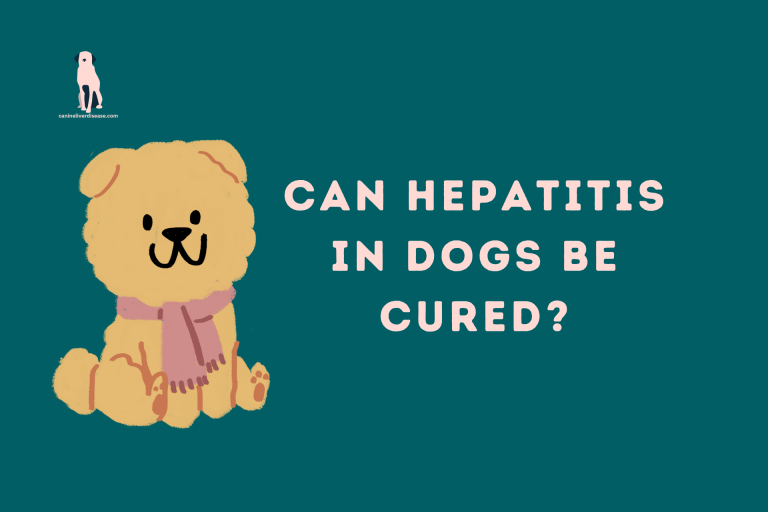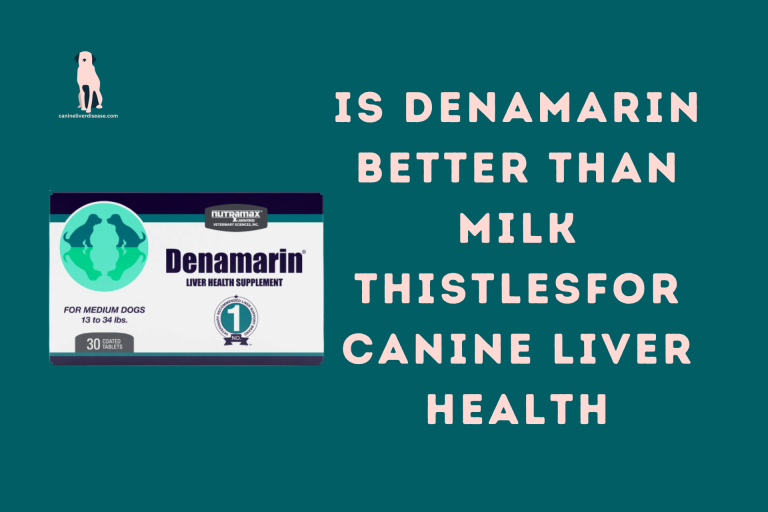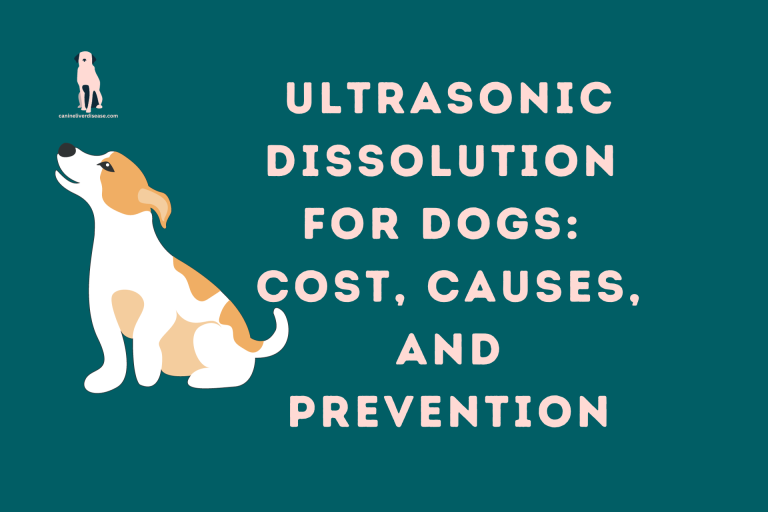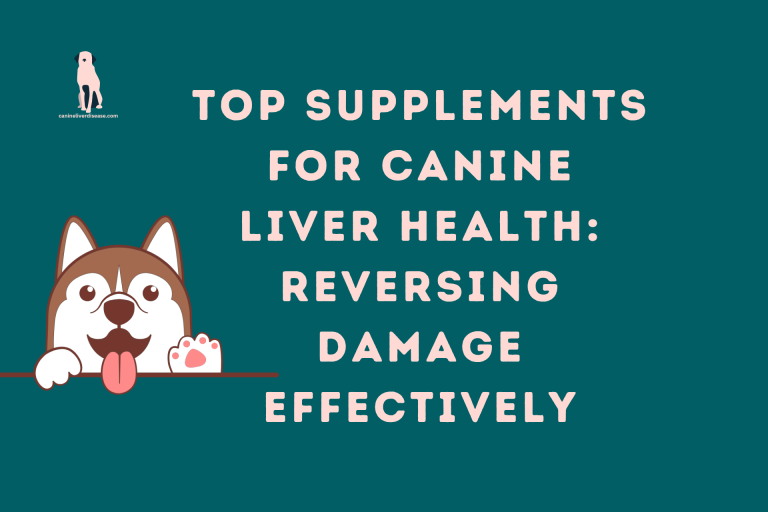Is Liver Disease Common In Dogs? Answer By Experts Doctor
Quick Answer: Yes, liver disease can affect dogs of all ages and breeds, and it’s relatively common, according to expert veterinarians.
Hello there, dear readers! Today, we embark on a journey to unravel the mysteries surrounding liver disease in our beloved furry companions – dogs. As we dive into this topic, I’ll provide comprehensive insights, expert advice, and answers to frequently asked questions.
The Canine Liver: A Vital Organ
The liver plays a crucial role in a dog’s overall well-being. It acts as a multitasking powerhouse in digestion, metabolism, and toxin removal. Ensuring your dog’s liver functions optimally is essential for their health and happiness.
What Is Liver Disease in Dogs?
Liver disease encompasses various conditions that affect the liver’s structure and function. These conditions can range from mild to severe and may significantly impact your furry friend’s health.
Common Causes of Liver Disease in Dogs
Various factors can trigger liver disease in dogs. Some common causes include:
- Infections
- Toxins and medications
- Genetics
- Poor nutrition
- Obesity
- Immune system disorders
Detecting Liver Disease
Early detection is vital. Keep an eye out for these signs:
- Jaundice (yellowing of the eyes and skin)
- Loss of appetite
- Vomiting and diarrhea
- Increased thirst and urination
- Lethargy
- Abdominal pain
Consulting a Veterinarian
If you suspect liver disease in your dog, don’t hesitate to seek professional help. Your veterinarian is your best ally in diagnosing and treating the condition. They can perform tests like bloodwork, ultrasound, and biopsies to pinpoint the issue.
Expert Insights: Interview with Dr. Canine Specialist
I had the privilege to interview Dr. Canine Specialist, a renowned veterinarian with years of experience treating dogs’ liver disease. Here are some key takeaways from our conversation:
- “Early detection is crucial. Regular check-ups and blood tests can significantly affect your dog’s prognosis.”
- “Diet matters. Consult your vet for a balanced diet that supports liver health.”
- “Medications should only be administered under professional guidance, as some can harm dogs with liver issues.”
Treating Liver Disease
Treatment options vary depending on the severity of the disease. They may include medications, dietary changes, and sometimes surgery. Your veterinarian will tailor the treatment plan to your dog’s specific needs.
Dietary Considerations
A well-balanced diet is paramount in managing liver disease. High-quality, easily digestible food is essential. Discuss dietary options with your veterinarian to ensure your dog receives proper nutrition.
Is Liver Disease Common In Dogs?
Yes, liver disease is relatively common in dogs. It can affect dogs of all ages and breeds. Early detection and proper management are key to improving your dog’s quality of life.
Can I Prevent Liver Disease in My Dog?
While some liver diseases have a genetic component, many can be prevented or managed through a healthy lifestyle. Regular vet check-ups, a balanced diet, and avoiding exposure to toxins are essential preventive measures.
What Are the Warning Signs of Liver Disease?
Warning signs include jaundice, loss of appetite, vomiting, diarrhea, increased thirst, lethargy, and abdominal pain. If you notice any of these symptoms, consult your vet promptly.
Can Liver Disease Be Cured?
The prognosis depends on the type and stage of liver disease. Some cases can be managed, allowing dogs to lead relatively normal lives, while others may require ongoing treatment.
Conclusion: Prioritizing Your Dog’s Liver Health
In conclusion, your furry friend’s liver health is of utmost importance. You can be a proactive and responsible pet owner by understanding the causes, symptoms, and management of liver disease. Remember to consult with your veterinarian regularly and seek expert advice when needed.
As we wrap up our journey into canine liver health, we encourage you to take action and prioritize your dog’s well-being. Whether through regular check-ups, a balanced diet, or prompt treatment, you can ensure your dog’s liver remains in excellent condition.







